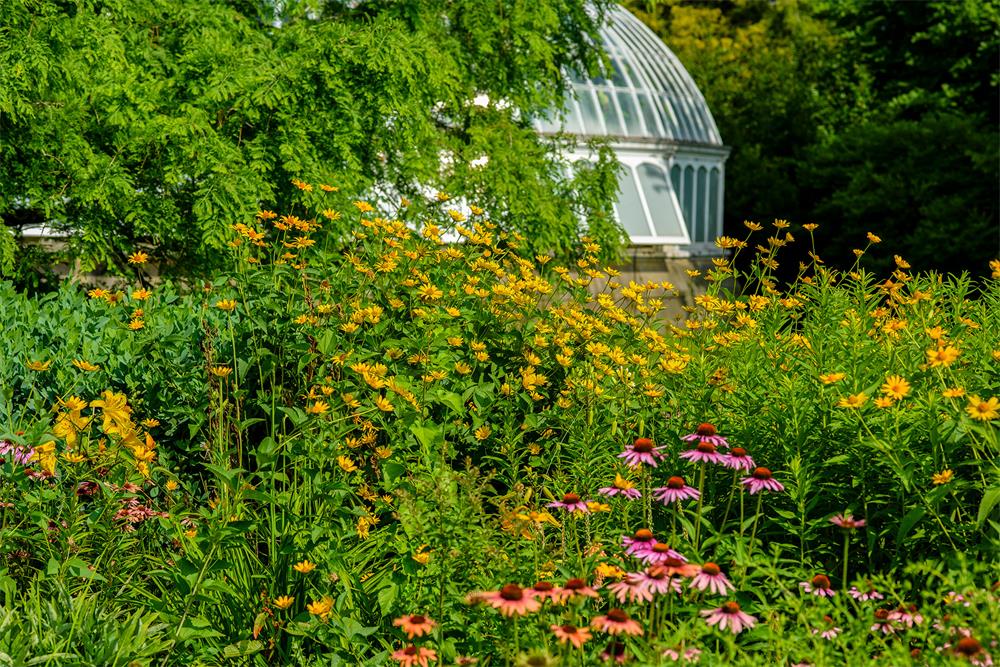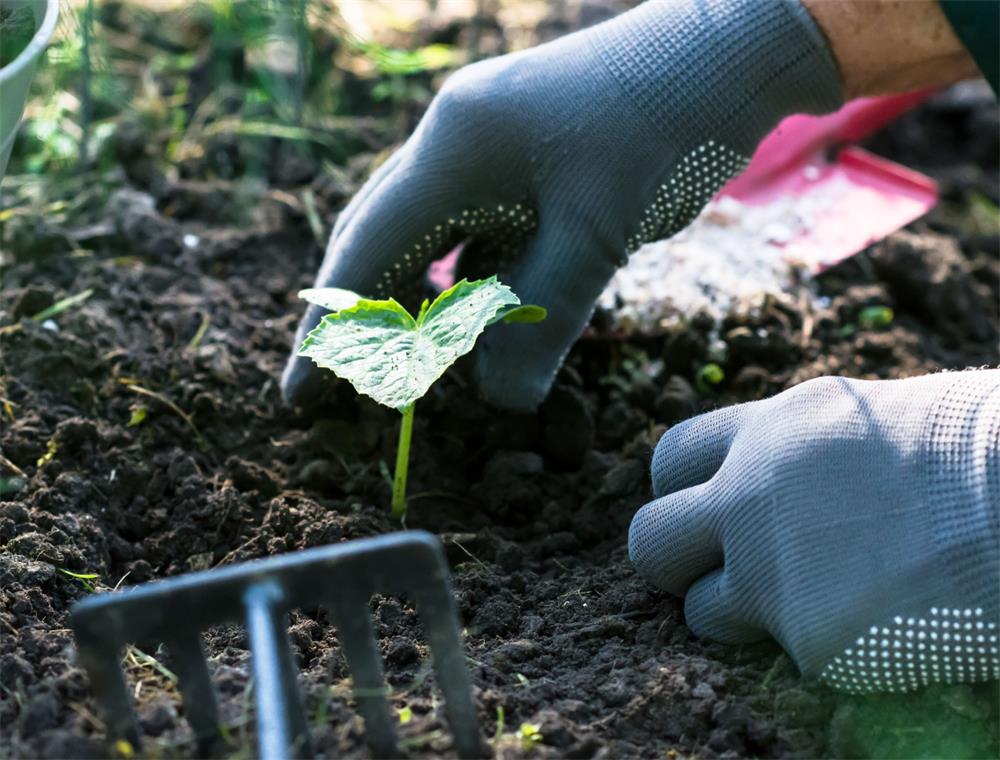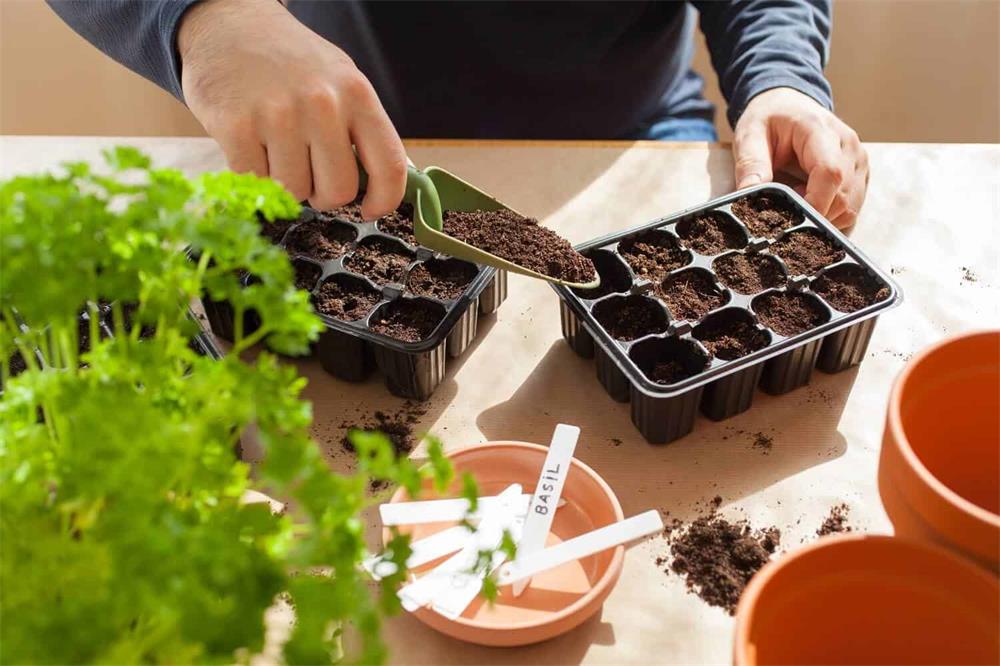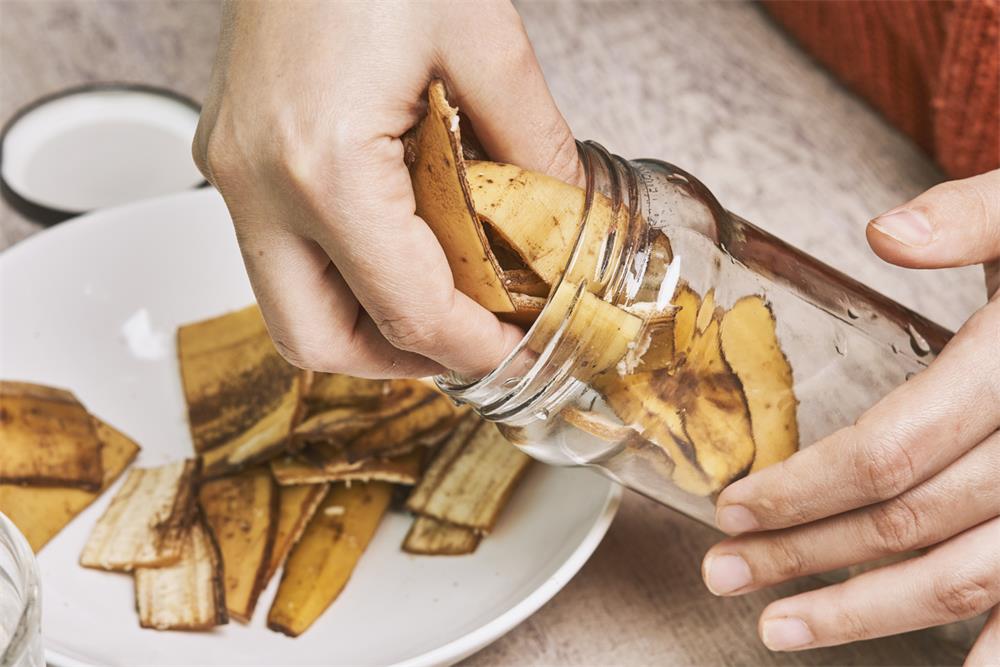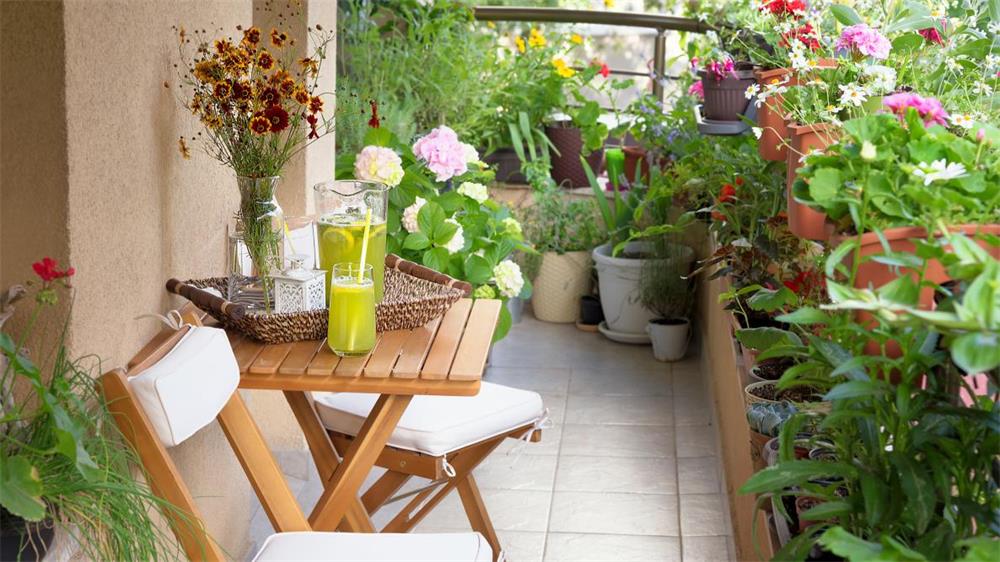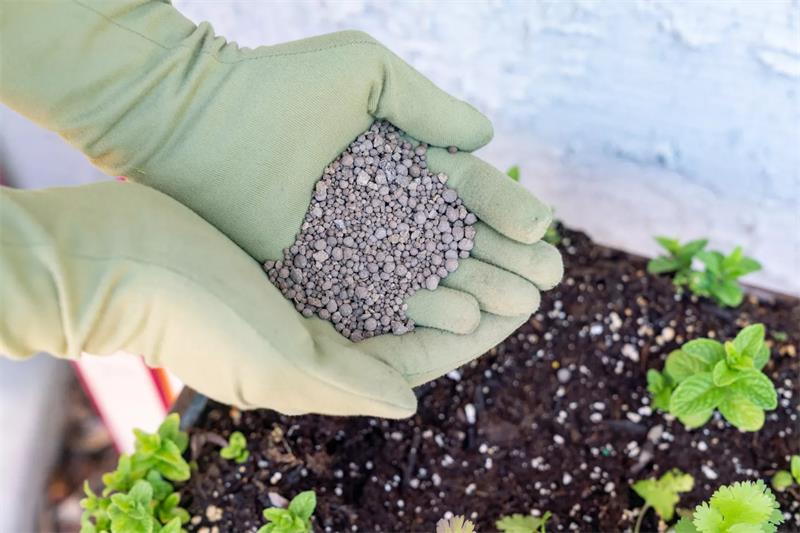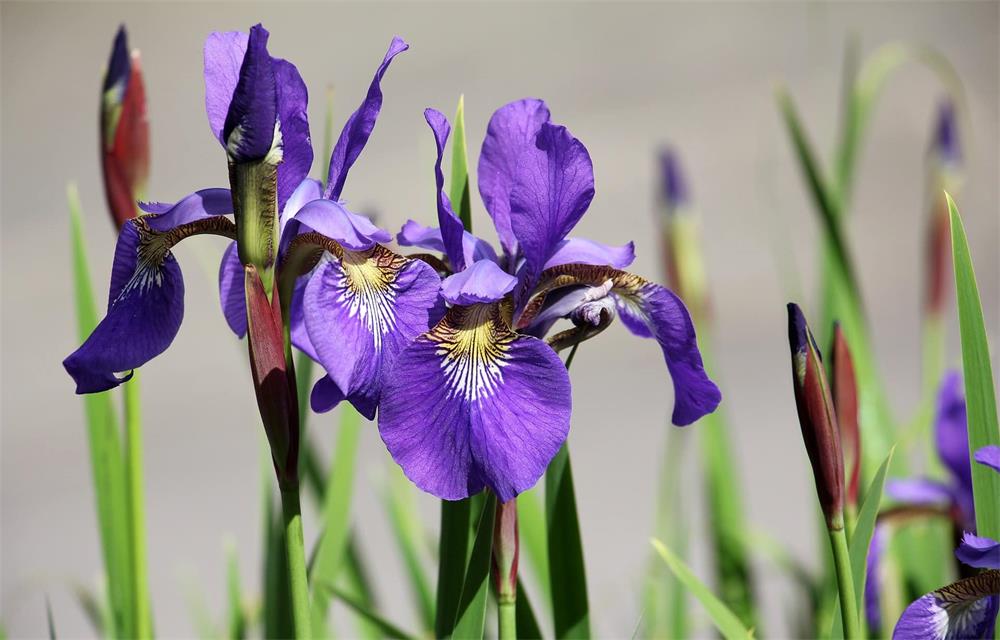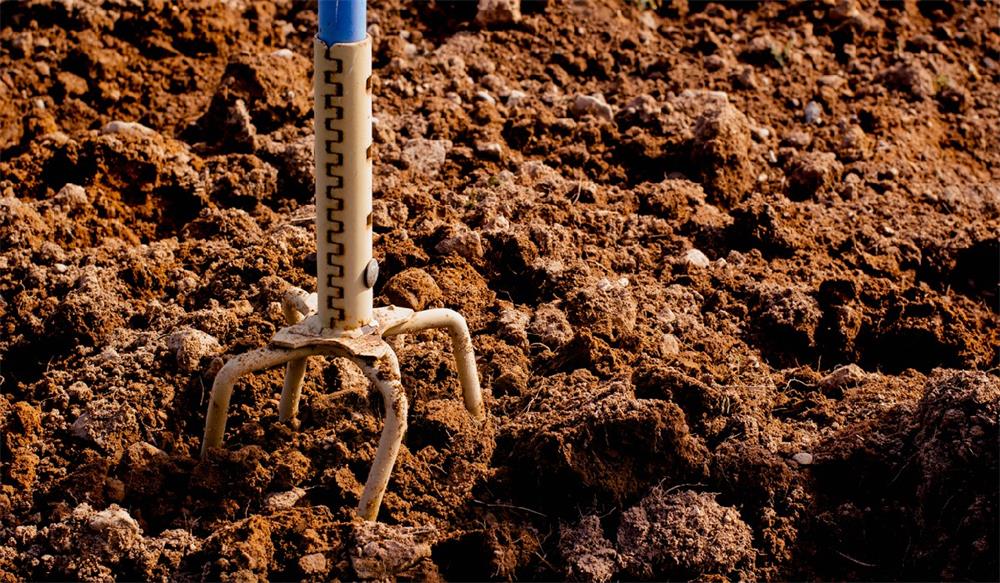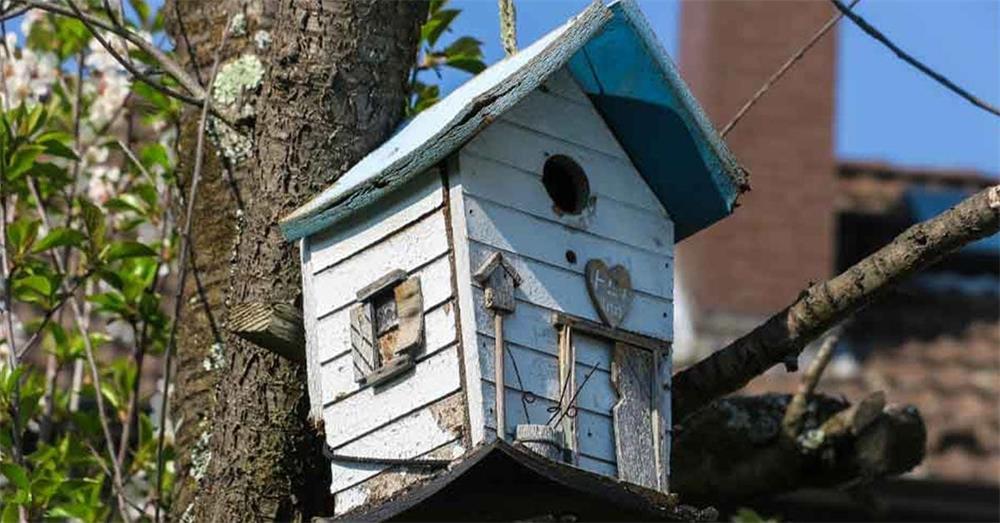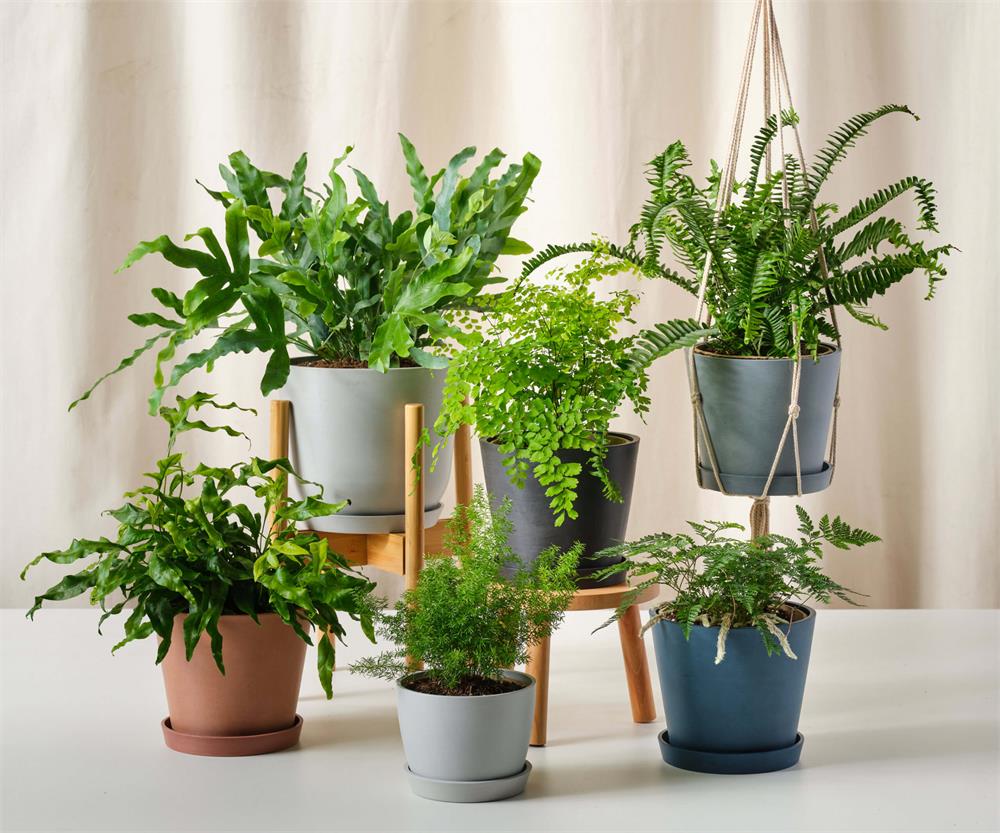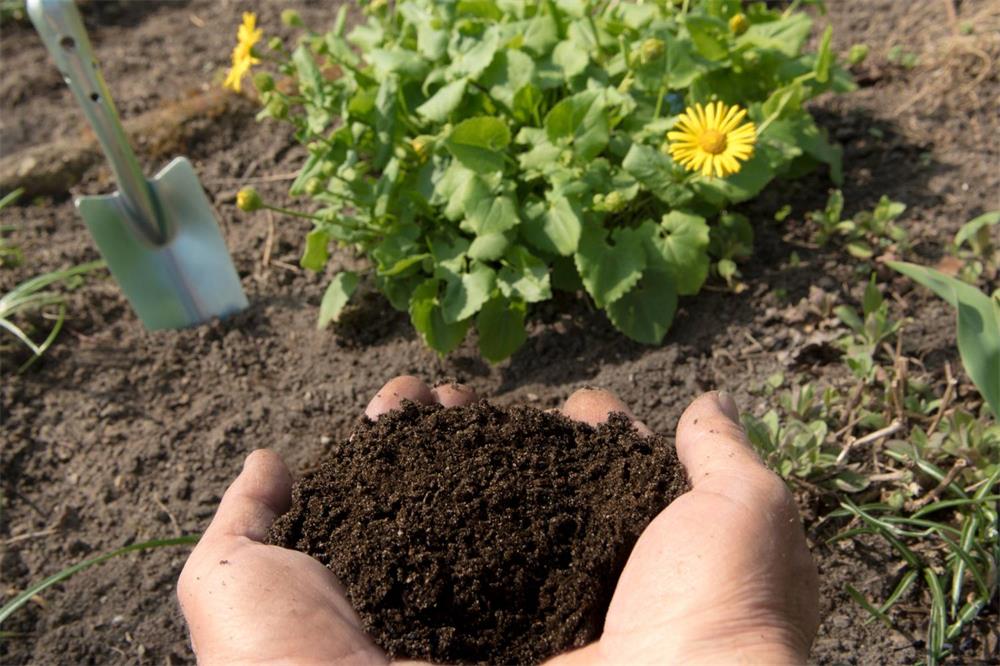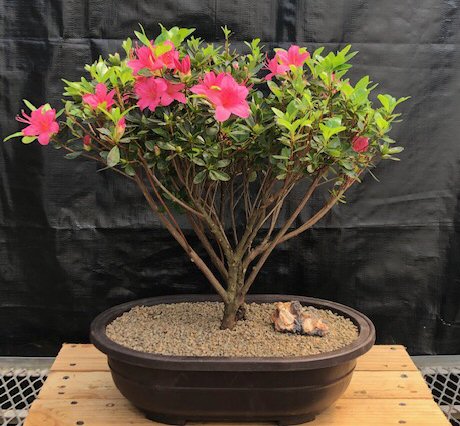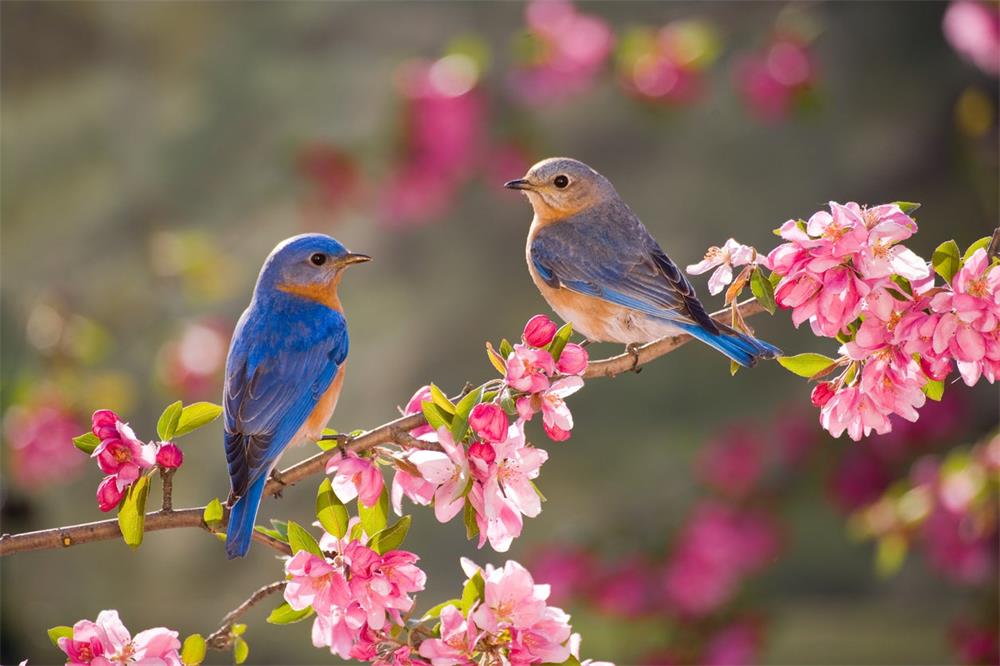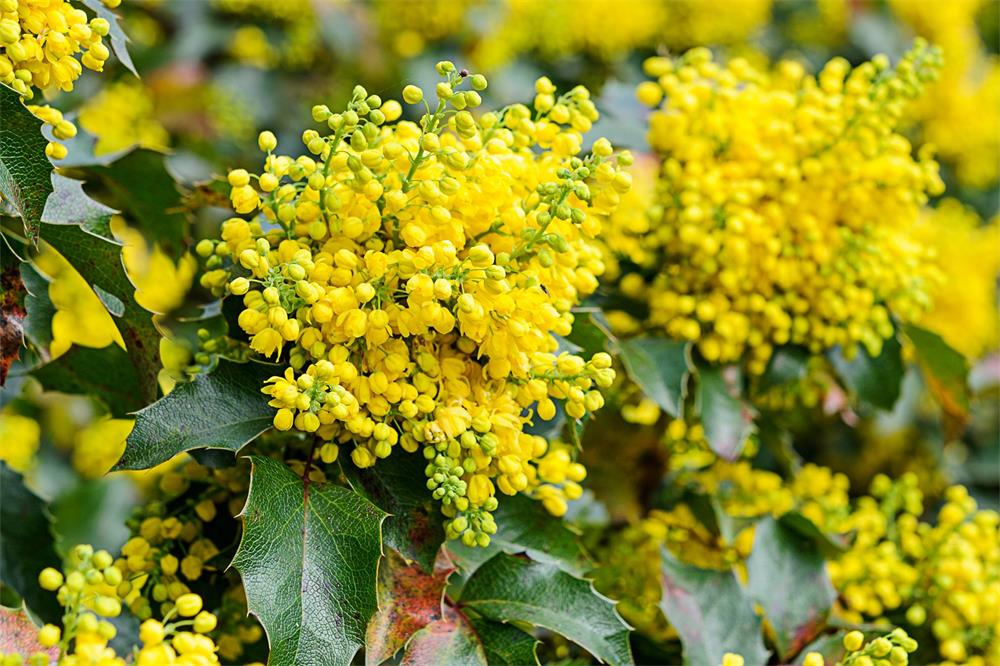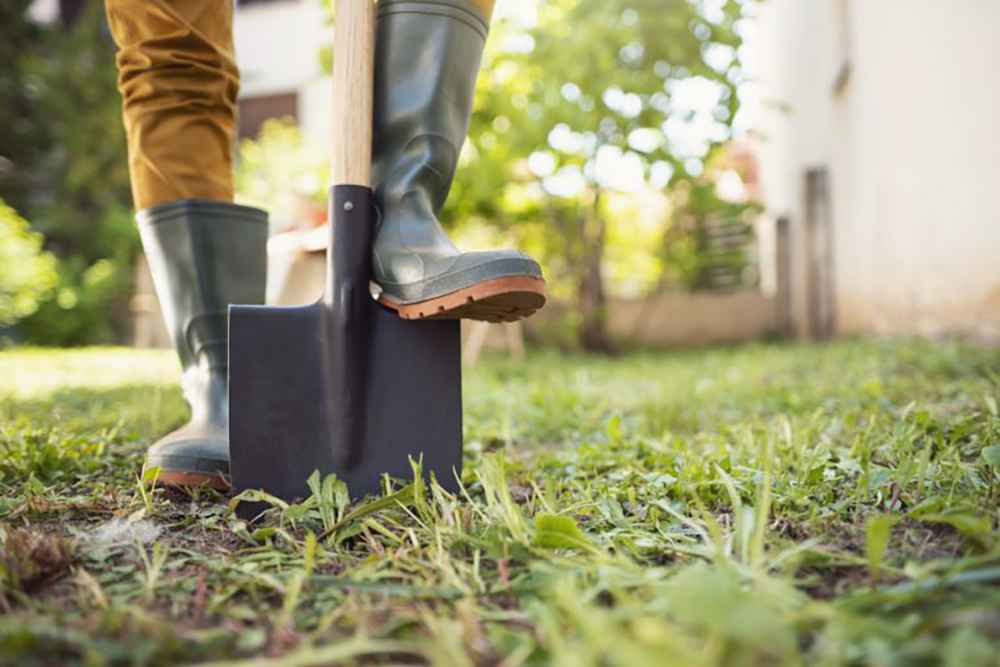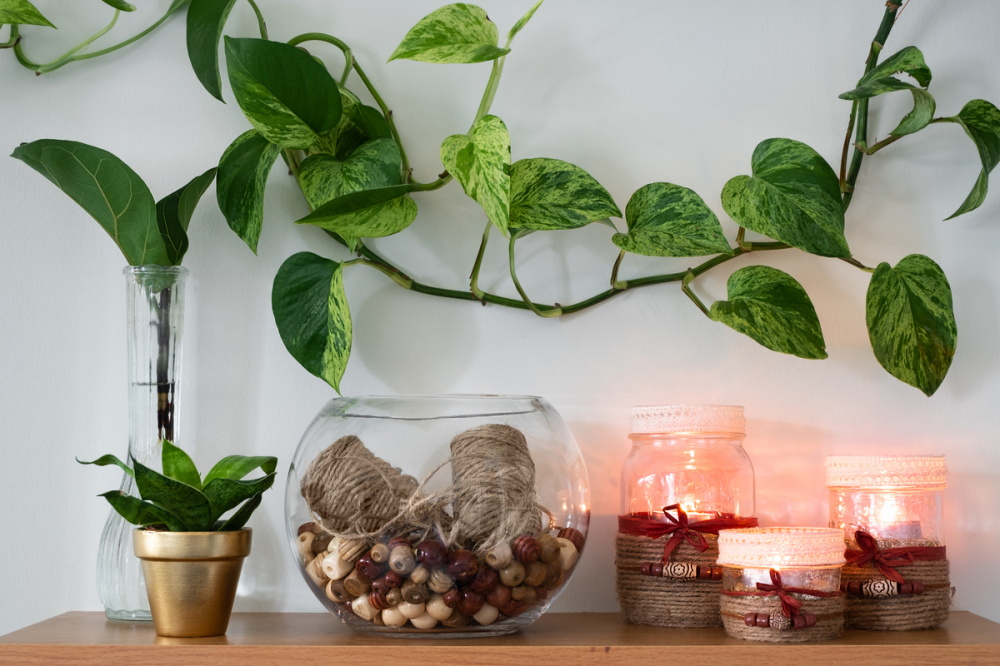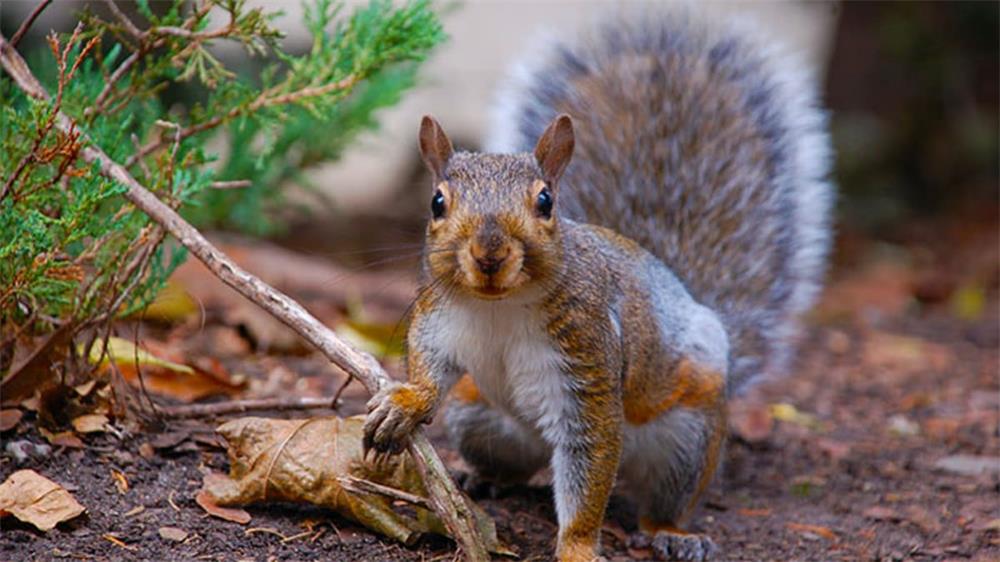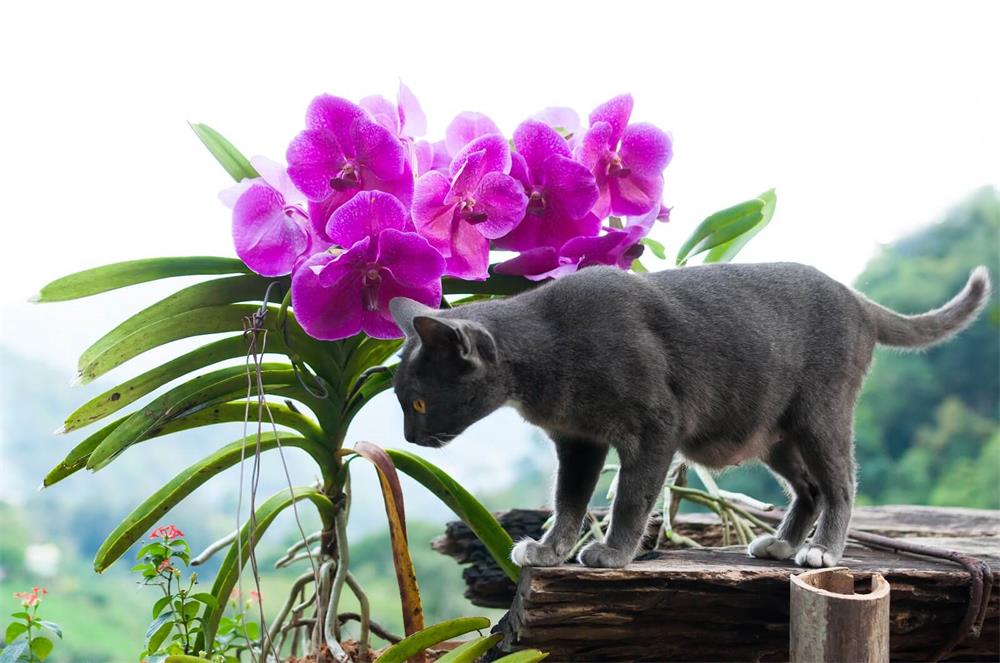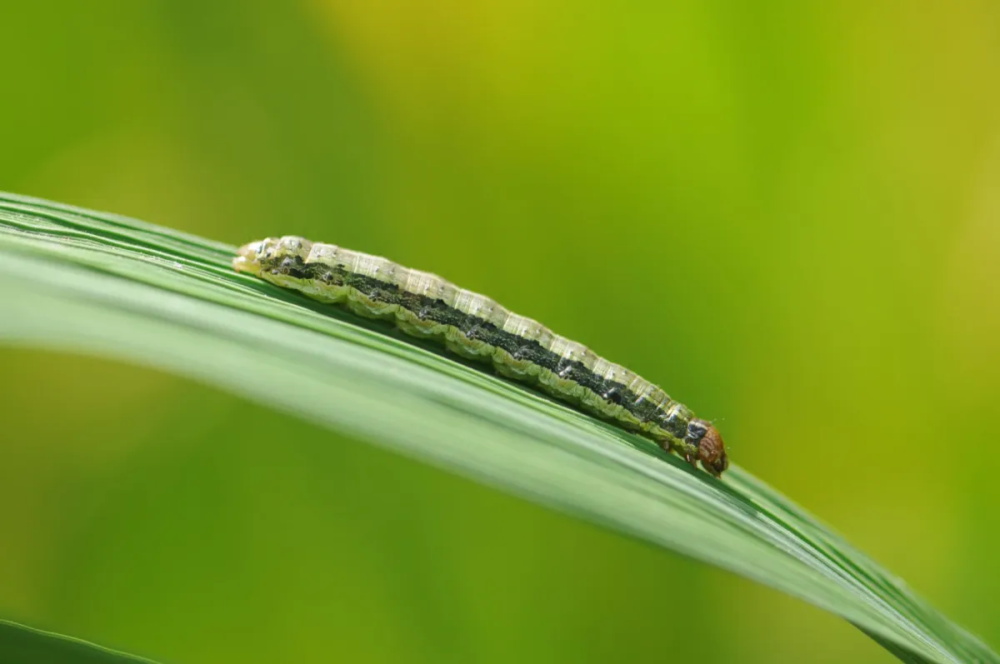Gardening Basics
Welcome to Gardening Basics, a page where you can learn the essential skills and knowledge for successful gardening. Whether you are new to gardening or want to refresh your skills, you will find helpful tips and guides on this page. Gardening Basics cover topics such as planning and organizing your garden, choosing the right plants, using mulch and compost for soil health, practicing efficient watering techniques, using raised beds, implementing IPM, practicing good garden hygiene, and mulching and weeding regularly. Explore our collection of articles and discover how to garden with confidence and joy.
15 February, 2023
Choose a Location Choose Your Plants Plant Your Garden Maintain Your Garden Enjoy Your Garden Pollinators are essential for the reproduction of many plants and crops, as they transfer pollen from one flower to another. Pollinators include insects such as bees, butterflies, moths, and flies, as well as birds and bats. Pollinators are facing many threats, such as habitat loss, pesticides, diseases, and climate change. One way to help them is to create a pollinator garden in your own backyard or balcony....
19 January, 2023
What Does Epsom Salt Do for Plants? Which Plants Benefit from Epsom Salt? How to Use Epsom Salt for Plants Foliar Spray Soil Drench Precautions and Tips Conclusion Epsom salt is a natural mineral compound that consists of magnesium and sulfate. It has been used for centuries as a home remedy for various ailments, such as muscle pain, constipation, and inflammation. But did you know that Epsom salt can also benefit your plants? Many gardeners swear by Epsom salt as a fertilizer or soil amendment that...
02 January, 2023
Why Start Seeds Indoors? What Seeds Should You Start Indoors? When to Start Seeds Indoors How to Start Seeds Indoors 1. Choose the right containers 2. Select the right soil 3. Sow the seeds 4. Provide adequate light and heat 5. Keep the soil moist but not wet 6. Thin out and transplant the seedlings 7. Harden off and move outdoors Starting seeds indoors is a great way to save money, grow more varieties, and extend your gardening season. However, it can also be challenging and frustrating if you don’t...
17 November, 2022
How to Make Banana Water for Plants Soaking Method Boiling Method How to Use Banana Water for Plants Benefits of Banana Water for Plants Drawbacks of Banana Water for Plants Conclusion Banana water is a homemade liquid fertilizer that is made by soaking or boiling banana peels in water. It is claimed to be a natural and inexpensive way to provide your plants with potassium and other nutrients that can boost their growth, health and resistance to stress. In this article, you will learn how to make...
19 September, 2022
Choose the Right Plants for Your Space and Conditions Use Creative Ways to Maximize Your Space Take Care of Your Plants Regularly Enjoy the Benefits of Your Apartment Garden Do you love plants but live in a small apartment? Don’t worry, you can still enjoy the benefits of gardening without having a large yard or balcony. Apartment gardening is a great way to add some greenery, freshness, and beauty to your living space. You can grow herbs, vegetables, fruits, and flowers in containers, window...
19 July, 2022
Calcium is an important nutrient for plants. It helps them grow strong and healthy, and protects them from diseases and pests. But not all soils have enough calcium for plants to thrive. Sometimes, you need to add calcium to your soil to improve its quality and fertility. But before you do that, you need to know how much calcium your soil has, and how much it needs. You also need to know the pH of your soil, which affects how well plants can absorb calcium and other nutrients. A professional soil...
Join Us
Subscribe to our fortnightly newsletter with stories from our latest posts and the best gardening tips


